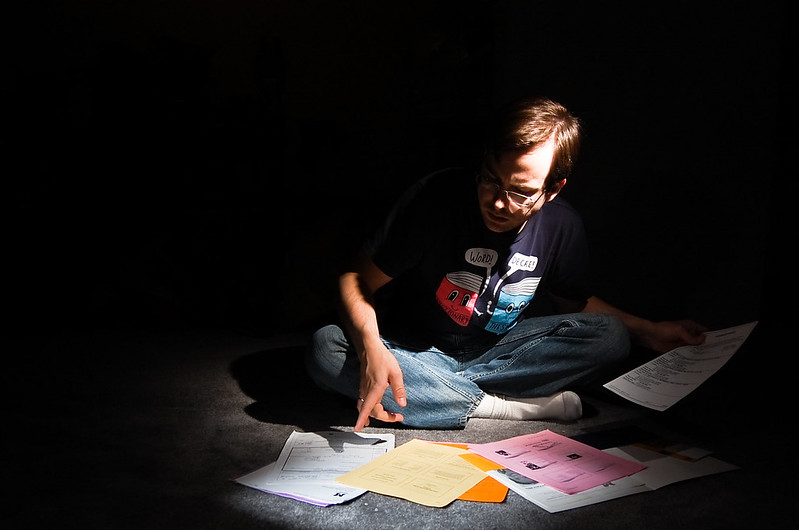Innovations in artificial intelligence (AI) continue to impact the world at large. Advancements and pushback regarding AI will continue to impact NC State students, faculty and graduates entering the workforce.
The term AI is often used specifically to refer to generative AI, which uses training data to develop a response to a user prompt, per Computer Network. This includes services like ChatGPT, which are large language models (LLM), essentially assigning mathematical values to words and reviewing documents on how to use those words in a sequence.
The use of these models is controversial for several reasons. AI tends to “hallucinate,” making up content. This led to legal consequences in February 2024, after a lawyer in Canada submitted an argument based on fake cases generated by ChatGPT.
AI also amplifies stereotypes, such as performing better gender identification with users who have lighter skin and claiming darker-skinned users are uglier than others.
The existence of AI itself is also controversial, as there are many unanswered copyright concerns about LLMs. Large learning models build on content created by humans, often without the author’s permission. Websites like DeviantArt recently received criticism for automatically opting users into allowing their works to be used by AI.
Regardless of their ethicality, hallucinations and biases, AI has proven to be an incredibly impactful force in academia, especially here at NC State. NC State University established sample syllabus guidelines for AI use for professors, ranging from least to most restrictive. The page also presents the positive and negative sides of AI.
Outside of the classroom, NC State Extension, an NC State program that, according to its website, “extends research-based knowledge to all North Carolinians, helping them transform science into everyday solutions that improve their lives and grow our state,” established a page sharing guidelines and best practices regarding AI.
Extension’s website says, “We believe in a human-centered approach to AI that empowers and augments professionals. AI technologies are tools. They cannot replace thoughtful human decision-making and should be treated as assistive — not autonomous — technologies.”
NC State also established the “AI Academy,” a workforce development program that “will prepare up to 5,000 highly-qualified AI professionals from across the nation through our workforce development program designed to upskill current professionals working within our partnering organizations.”
Outside of the academic context, AI’s impact on the workforce is substanial. Starting with the job search, generative AI-based resume builders have been created to speed up the resume-building process.
On the employer side, AI is used to track applicant resumes. These systems are shown to be fallible, rejecting candidates suitable for the job.
While AI plays a major role in the job search, it’s also been the source of many job replacements. AI chatbots replaced many customer service positions. Artists working in entry-level positions are seeing their careers outsourced to AI, despite ethical concerns.
The future of AI remains uncertain. Currently, generative AI is legal; however, there are several legal proceedings underway in the US regarding AI. There are several copyright lawsuits against AI companies moving through the courts.
Though California developed specific plans to legislate AI and the White House established an AI Bill of Rights blueprint, most of the country hasn’t created AI legislation.
At the same time, AI continues to move forward, with further updates to ChatGPT and new AI technologies like Google’s AI search engine developing in 2024. The battle between AI supporters and its opposers will shape the future of the job market, copyright and academia.
Currently, NC State University does not have a policy relating to AI. However, individual professors may have policies, students should check the course’s syllabus or direct questions regarding classroom AI use to their professor.







